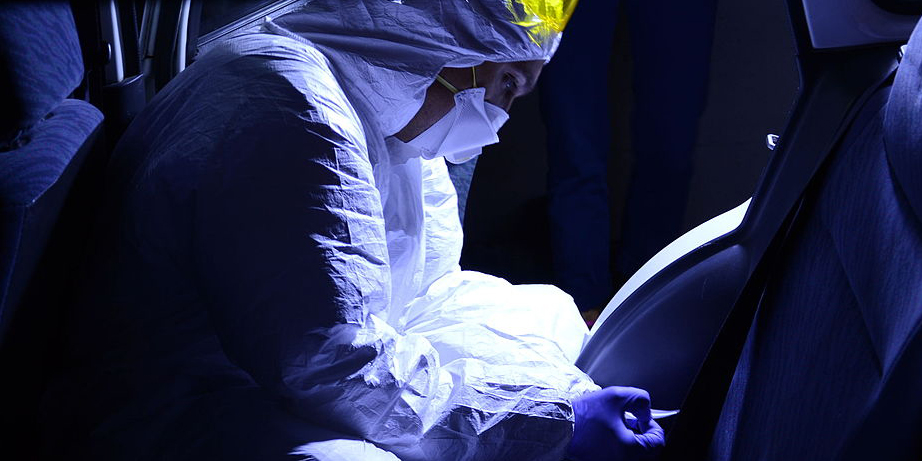

About Forensic Science
This program is the only forensic science bachelor of science degree offered in Western Canada. At UBC, the program provides you with job ready-skills and the ability to become a future leader in the forensic science and biochemistry industries. The curriculum taught at UBC and BCIT includes courses in core science expose you to biochemistry, forensic science, chemistry and molecular biology. With a primary focus on hands-on work in a laboratory setting, you'll hone important critical thinking and analytical skills, and learn to communicate results effectively. You'll also gain knowledge of accredited laboratory environment, which will help you expand your employability beyond accredited forensic labs.
BCIT Program Website and Contacts
https://www.bcit.ca/study/programs/9940bsc
Program Details
The combined honours specialization is offered in cooperation with BCIT and requires a criminal record check as part of the entrance requirements. You'll complete a first-year program at UBC and then attend classes at both BCIT and UBC for your second, third and fourth years. A co-op option is also available.
Skills
- Comparison, interpretation, and evaluation of evidence using laboratory techniques and instruments
- Report and expert testimony writing for evidentiary findings
- Advanced quantitative and qualitative analysis
- Application of logical/systematic thinking
- Collaboration with laboratory teams across disciplines
- Technical skills in ELISA, PCR, cloning, gel electrophoresis, western blots, southern transfers, DNA hybridization, protein assays, and enzyme digests
- Usage of specialized instruments like pH meter, IR, and UV/VIS spectrophotometers
Specializations offered
- Combined Honours, Biochemistry and Forensic Science
- Co-op